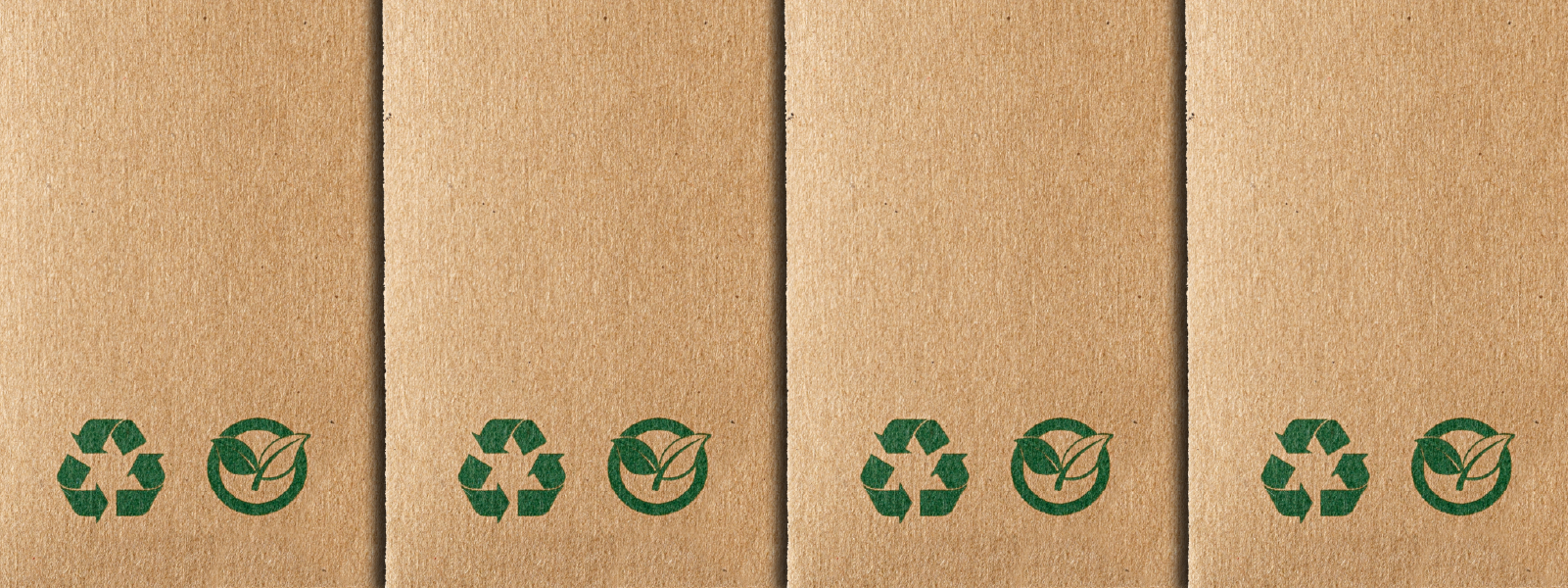Sustainable Packaging Ideas For South African Retailers
Global warming and the pollution of the planet are finally getting the attention and awareness they deserve so it’s important to have some sustainable packaging ideas up your sleeve. While this is good news for our ecosystem, it can be scary for manufacturers and retailers whose responsibility it is to find sustainable packaging ideas. But packaging plays a big part in our environment and we need to find eco-friendly alternatives to create an ecological future for this planet.
Your Buyers are demanding Sustainable Packaging
As more people continue to do their shopping online, many consumers are also becoming aware of product packaging. In addition Generation Z and Millennials are not going to let us off the hook on this – they have the buying power and they know it. Implementing eco-friendly sustainable packaging for your brand is no longer an option, it’s a necessity.
What is sustainable packaging?
Sustainable packaging is made out of material that reduces its environmental footprint over time. Using 100% recycled or raw materials, and minimising the production aids sustainability. The war on plastic is proving to be a success and businesses are stepping up to the challenge by replacing plastic for more sustainable materials. There is a wide range of plastic-free and environmentally friendly solutions available that will meet the requirements for all industries, products and sectors.
Tips for sustainable packaging
- Eco-Friendly bags are all the rage right now. These typically come in the form of recyclable paper bags or jute bags. Jute bags are long-lasting, biodegradable, stylish, and natural. You can also design them according to your branding.
- Cardboard and paper are both recyclable and biodegradable. It is also great for a wide range of product packaging such as medicine to frozen foods to cosmetics.
- Bubble wrap is made from recycled polyethene. It is fully degradable and keeps your product safe.
- Corn Starch is a biodegradable item that is ideal for all types of food packaging and has no negative impact on the environment.
- Minimalist Packaging (or optimised packaging) is when packaging is designed to be the exact size of the product. Therefore, it reduces excess waste and overall carbon footprint. Furthemore, manufacturing costs less when you reduce the materials used. It is also lighter, meaning shipping will be cheaper too.
- When printing, use inks made from alternative ingredients instead of harmful chemicals. Printing innovation is looking to plant-based products such as Soy (a renewable source of energy) inks. In addition, it is easy to drink and recycle plant-based inks.
- Recycled tissue paper is a fabulous option for exciting wrapping and can be branded. However, be sure not to use plastic ribbon.
Conclusion
Whatever your viewpoint on global warming and pollution, consumers want to associate with brands that are environmentally focused. Ensuring your product’s packaging is eco-friendly can play a major role in securing a sustainable future. It will also help increase brand loyalty, and attract new, younger customers. According to a survey by Tandberg , more than half of global consumers said they prefer to purchase from a company with a strong environmental reputation.




